Jakarta, MINA – Indonesian President Joko “Jokowi” Widodo officially launched and opened the inaugural trading of the Indonesian Carbon Exchange, at the Main Hall of the Indonesian Stock Exchange (BEI), in Jakarta on Tuesday.
President Jokowi said that the existence of the Indonesian Carbon Exchange is a form of Indonesia’s real contribution to efforts to deal with the impacts of climate change.
“This is Indonesia’s real contribution to fighting together with the world against the climate crisis, against the climate change crisis, where the proceeds from this trade will be reinvested in efforts to protect the environment, especially through reducing carbon emissions,” he said.
He said that Indonesia has extraordinary potential in nature-based solutions and is the only country where around 60 percent of its carbon emission reduction fulfillment comes from the natural sector. Based on the President’s records, there is approximately 1 gigaton of carbon dioxide (CO2) potential carbon credits that can be captured.
“If we calculate the potential for our carbon exchange to reach IDR 3,000 trillion, a very large figure, this will be a new economic opportunity that is sustainable and environmentally friendly, in line with the world’s direction which is heading towards a green economy,” he said.
President Jokowi emphasized that concrete steps are urgently needed to overcome climate change because the threat is being felt globally, starting from rising earth temperatures, droughts, floods and pollution.
“The carbon exchange that we are launching today can be a concrete step, it can be a big step for Indonesia to achieve its NDC (Nationally Determined Contribution) target,” he added.
Regarding carbon trading, he also emphasized three things. First, to make international carbon standards a reference and utilize technology for transactions so that they are effective and efficient.
Also Read: Indonesia’s Hajj Ministry Engages Local MSMEs to Strengthen Catering for 2026 Pilgrims
Second, there must be a target and timeline, both for the domestic market and later for foreign markets or international markets.
Third, there is regulation and facilitation of a voluntary carbon market in accordance with practices in the international community and ensuring that international standards do not interfere with Indonesia’s NDC targets.
“I am optimistic that Indonesia can become the world’s carbon axis as long as these concrete steps are taken consistently and together with all stakeholders, including government, private sector, society and stakeholders,” he said. (T/RE1/P2)
Mi’raj News Agency (MINA)
Also Read: Indonesia Denies Being Destination for Forced Relocation of Gaza Residents






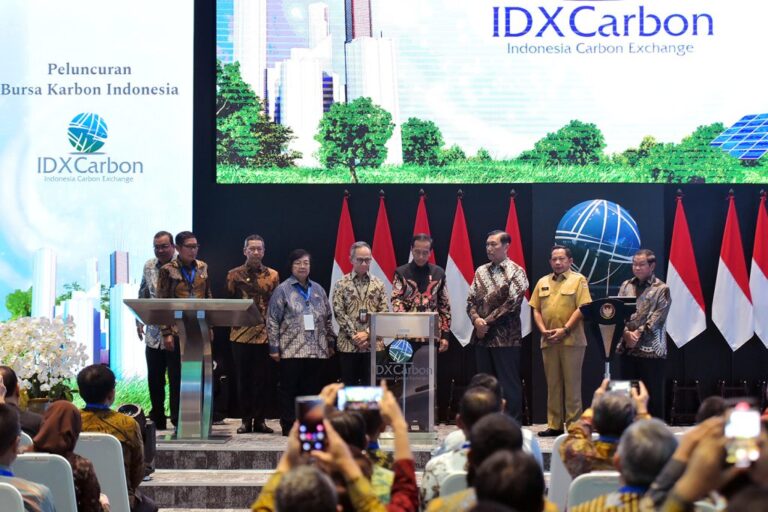





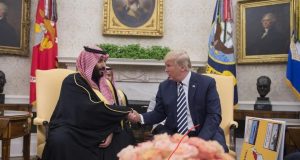

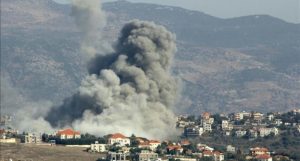
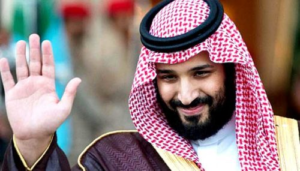
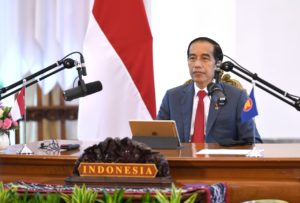
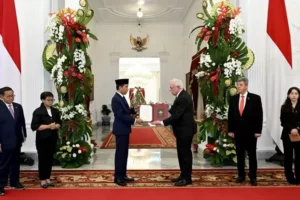
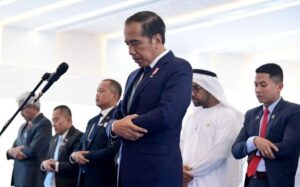
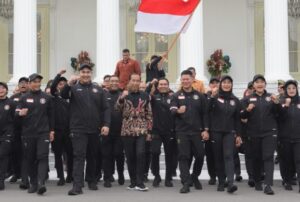
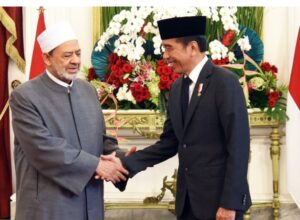
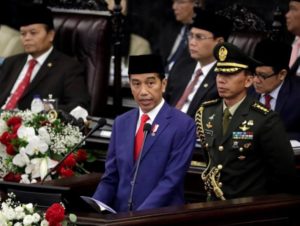












 Mina Indonesia
Mina Indonesia Mina Arabic
Mina Arabic